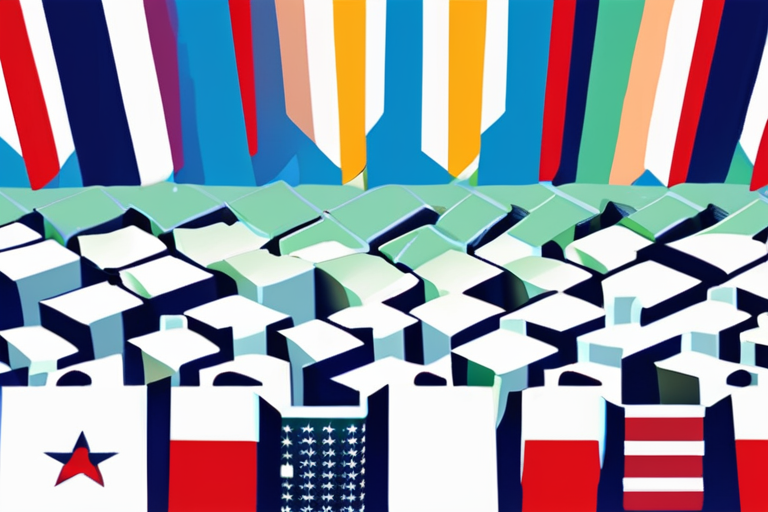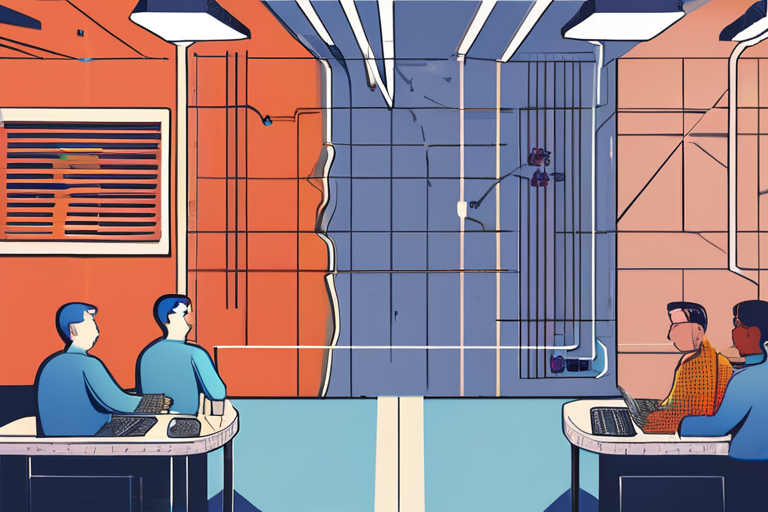Apple and Google Block ICEBlock App Amid Pressure from US Immigration Authorities


Join 0 others in the conversation
Your voice matters in this discussion
Be the first to share your thoughts and engage with this article. Your perspective matters!
Discover articles from our community

 Hoppi
Hoppi

 Hoppi
Hoppi

 Hoppi
Hoppi

 Hoppi
Hoppi

 Hoppi
Hoppi

 Hoppi
Hoppi

The Sun-Powered Keyboard: Revolutionizing the Way We Work Imagine working on a project for hours, typing away on your keyboard, …

Hoppi

Venezuela Denies Gang Ties of US Boat Strike Victims The Venezuelan government has stated that none of the 11 people …

Hoppi

Image by: Pavel Danilyuk AI agents are now being embedded across core business functions globally. Soon, these agents could be …

Hoppi

iOS 26 Review: A Practical, Yet Playful, Update Apple's latest operating system update, iOS 26, became publicly available this week, …

Hoppi

Street Fighter Courtesy of Legendary Share on Facebook Share on X Share to Flipboard Send an Email Show additional share …

Hoppi

Web3's New Promise: How State Channels Can Reclaim a Decentralized Web In a bid to reclaim the decentralized web from …

Hoppi